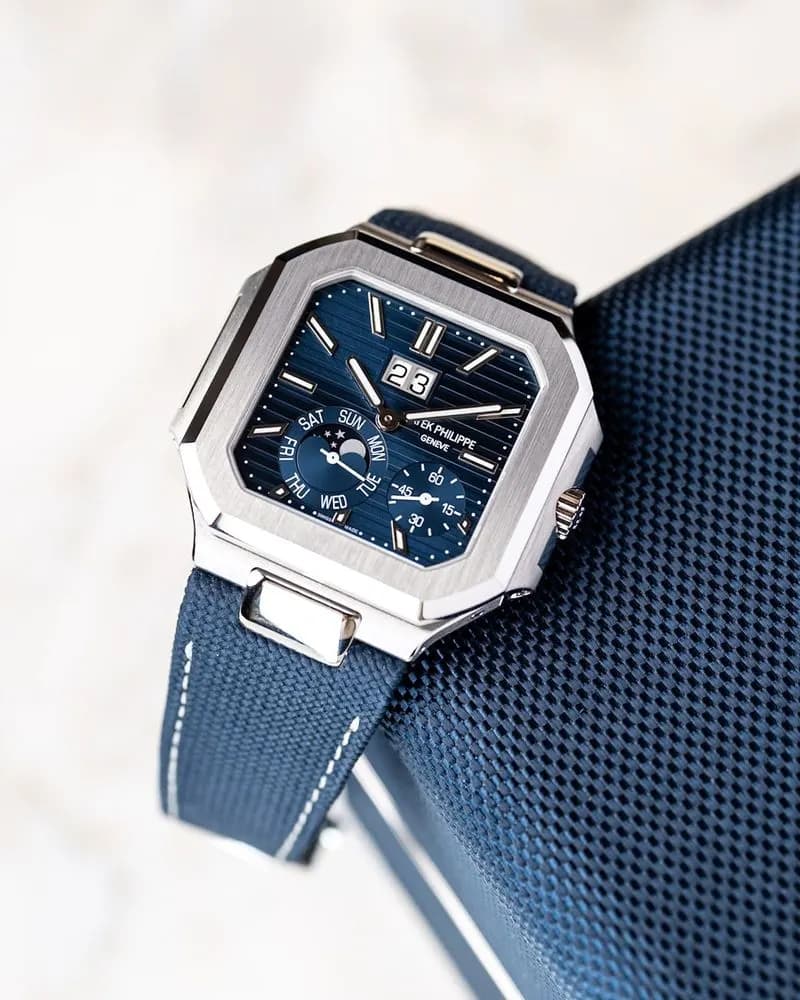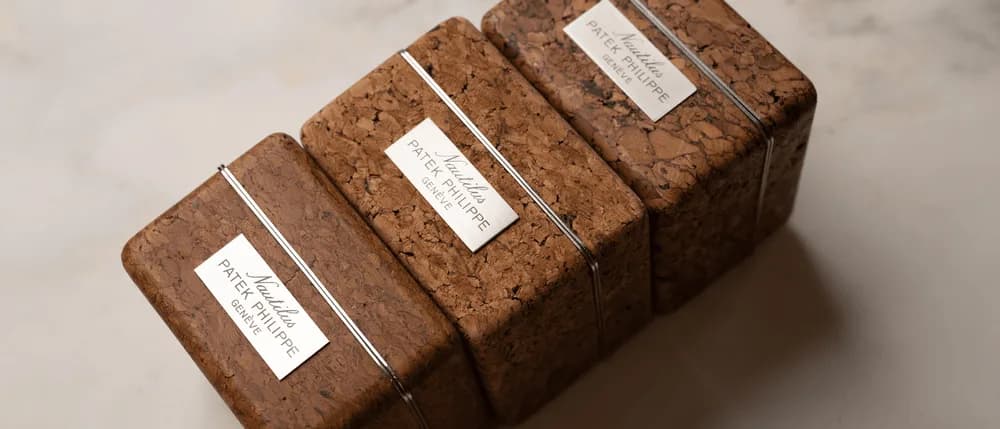During the 1940s, Mexico adopted an economic development model known as "import substitution," which aimed to boost domestic production at a faster pace than global imports and exports.
One of the early beneficiaries of this model was Grupo Joske's Mexico S.A., a jewelry manufacturer that continues to operate today.

At the time, Alex Benuit, the director of Rolex in Mexico, approached Joske's to produce the brand's bracelets. Before striking a deal with Joske's, Rolex had to overcome two economic challenges: (I) resolve legal obstacles in importing all of its watches (primarily due to precious metals), and (II) commit to creating jobs within the country. Contrary to popular belief, Rolex's decision to manufacture bracelets overseas wasn't driven by cost savings. In fact, regulations in countries like Mexico prohibited the import of watches with bracelets, requiring them to be imported without them.
Interestingly, Rolex never supplied machinery or raw materials for the production of these bracelets. Instead, Joske's utilized its own equipment and Mexican steel, employing around fifteen people on an assembly line. After completing a prototype, Joske's sought approval from Rolex Switzerland before beginning production on each series. The company exclusively produced Jubilee bracelets in steel and gold/steel combinations.

The engraving "stainless steel" on the bracelet
 |
 |
The engraving "Joske's" inside the clasp
|
"Made in Mexico" inside the clasp
|
Joske's Jubilee bracelets, unlike their Swiss-made counterparts, have become highly sought-after by collectors worldwide, and a well-preserved Mexican bracelet can command a higher value than another bracelet from the same period.
In 1986, Mexico's entry into the GATT (General Agreement on Tariffs and Trade) marked the end of this Mexican bracelet's production. Rolex has never publicly discussed its collaboration with Joske's or acquired the company, as it did with Gay Frères, for instance, after over two decades of partnership.

The interior of the folding clasp with all the engravings

Rolex GMT-Master 1675 "Fuchsia"
The bracelet featured in this article belongs to a Rolex GMT-Master 1675 "Fuchsia" produced for the South American market.
More about the GMT Master 1675 "Fuchsia"















